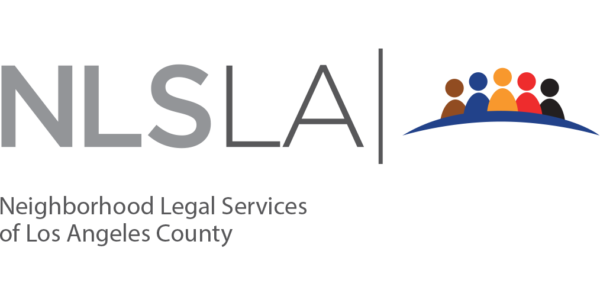Work on the Front Lines of a Housing Crisis
For the past six months, a grant from the Diane and Dorothy Brooks Foundation has made it possible for me to work on the front lines of Los Angeles County’s eviction crisis. The work is not easy, but it is deeply impactful. Every day, thousands of tenants—many of them among our most vulnerable neighbors—are funneled through the unlawful detainer courts, forced to fight for the roof over their heads against landlords represented by seasoned attorneys who know every trick in the book. Without a lawyer to represent them, these tenants don’t stand a chance. And yet the vast majority of those facing eviction in Los Angeles County—some 90 percent—do not have access to an attorney.
In my work with the eviction defense and affirmative litigation teams of Neighborhood Legal Services of Los Angeles County’s housing group, I have been assisting tenants at every phase of the eviction process. I have preserved tenancies, kept families together, and sealed case records so that one of the worst moments of an individual’s life does not follow them around for the rest of it.
The first case that I settled illustrates, for me, the importance of the services NLSLA provides. My clients—an elderly, limited-English-proficient woman with a disability, her daughter with a disability, and her grandson—lived in a subsidized, permanent supportive housing development for formerly homeless seniors. Previously, they had been living out of their car. The complex was funded and structured to accommodate vulnerable residents, but the owner was trying to evict them because of alleged lease violations that boiled down to my elderly client waving her cane around and falling asleep in the elevator. The owner’s lawyers had litigated the case aggressively from the jump, inundating my clients with huge packets of discovery requests that they did not understand. It was only by NLSLA’s last-minute intervention that our clients avoided a judgment against them by default, which is what happens when clients fail to file an “answer” in response to an eviction notice. In California, close to half of all eviction proceedings end in default judgements, mostly because clients are ill equipped to engage in the process on their own.
Once I stepped in, I was able to firmly remind opposing counsel and the property owner of their obligations under the disability statutes (not to mention the owner’s mandate as an affordable housing provider). I negotiated an agreement that allowed my clients to stay in their home, and the owner promised to work with on-site social services to address any future behavioral issues before filing for eviction again. With the case against them resolved, my clients are moving on with their lives. Everyone should have that opportunity—that is what I work for.
Isaiah Feldman-Schwartz, a first-year attorney, just completed the first half of a two-year fellowship generously supported by the Diane and Dorothy Brooks Foundation with NLSLA’s Housing Team.



